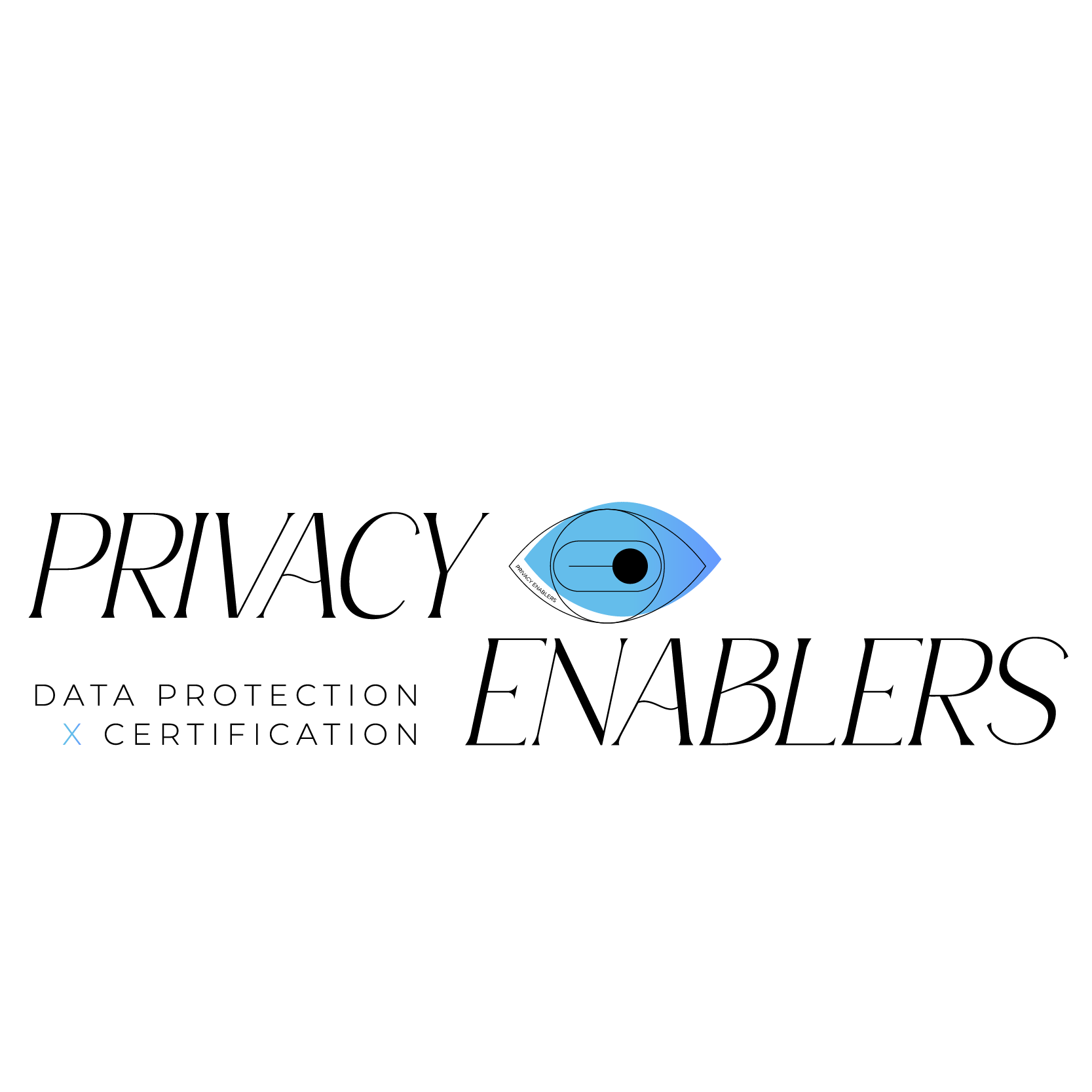The EADPP Certification is an excellent choice for individuals seeking to excel as well-versed Data Protection Professionals
European data protection context
The EADPP Certification for Data Protection Professionals is deeply rooted in the European Union’s (EU) data protection landscape. As the EU has established stringent data protection regulations, such as the General Data Protection Regulation (GDPR), the EADPP Certification ensures that professionals are well-versed in these laws and can effectively navigate the European data protection context.
The European Association of Data Protection Professionals (EADPP) is a prominent organization dedicated to advancing data protection within the EU and beyond. It emphasizes the promotion of ethical practices and upholding privacy rights, serving as a hub for professionals passionate about safeguarding personal data and complying with data protection regulations.
EADPP sets a high standard through this Certification programme, fostering excellence. It also acts as a bridge between professionals, policymakers, and stakeholders, advocating for privacy-centric practices and contributing to a secure digital environment.
Aim of the EADPP Certification
There is no privacy without cybersecurity. By understanding both the privacy and cybersecurity risks faced by organizations, a Data Protection Professional can help develop policies and procedures that are more effective in protecting data and mitigating risk.
A professional with expertise in cybersecurity, policies, and procedures knowing how to create a privacy culture will have a broader range of skills and knowledge than a Data Protection Officer (DPO), who may be more narrowly focused on compliance with data protection regulations. This broader expertise can be valuable in a variety of roles, including consulting, auditing, and policy development.
By obtaining this Certification, the candidate demonstrates a holistic approach on data protection and privacy fundamental cornerstones, including Legislation, Compliance Mechanisms, Information Security, and Work Plan, and acknowledges practical skills on how to make them work in a business environment. A professional who passes the EADPP Certification exam demonstrates their ability to ensure high-quality implementation of data protection measures beyond the legal aspects.
Target audience
The EADPP Certification is an inclusive Certification programme, developed and managed by European data professionals, welcoming participation from professionals worldwide.
Non-EU professionals and organisations can greatly benefit from the EADPP Certification as it provides them with valuable insights into the EU data protection and privacy culture, enabling them to navigate compliance requirements when dealing with EU personal data processing.
All professionals are invited to sit for the exam, you don’t have to be an EADPP member or reside within the EU.
Benefits of becoming EADPP certified
For those looking to become a certified Data Protection Professional, the EADPP Certification provides many benefits:
- Comprehensive education on data protection laws and regulations.
- Thorough understanding on how to implement the principles of data protection beyond the legal aspects.
- Assurance to employers that the individual is well-versed in the field of data protection and can provide the necessary expertise to ensure the privacy of their customers.
- Access to a network of peers who are also certified, providing opportunities to exchange ideas and best practices, as well as to collaborate on projects.
Differentiation with DPO certification
Key distinctions that set the EADPP Certification apart from traditional DPO certifications include:
- Broader expertise: A professional with expertise in cybersecurity, policies, and procedures and knows how to create a privacy culture will have a broader range of skills and knowledge than a Data Protection Officer (DPO), who may be more narrowly focused on compliance with data protection regulations. This broader expertise can be valuable in a variety of roles, including consulting, auditing, and policy development.
- Better career prospects: A professional with expertise in cybersecurity policies and privacy culture will have better career prospects than a DPO, who may be limited to compliance roles.
- Improved risk management: Cybersecurity and privacy are closely related, and a professional with expertise in both areas can help organizations develop more effective risk management strategies. By understanding both the privacy and cybersecurity risks facing an organization, a Data Protection Professional can help develop policies and procedures that are more effective in protecting data and mitigating risk.
- There is a lack of skilled Data Protection Professionals that know how to implement things.
Check out our webinar series on the EADPP Certification
To learn more about the EADPP Certification for Data Protection Professionals and gain valuable insights into the associated Body of Skills and Knowledge (BOKS), watch the recordings from our #EADPPCertificationWebinarSeries.
